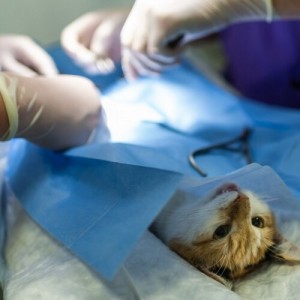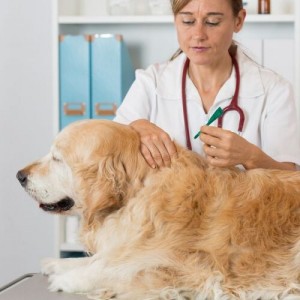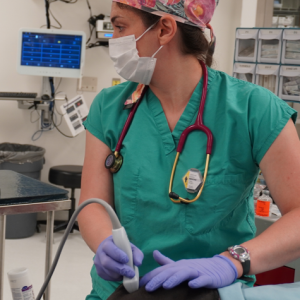Multi-agency report highlights importance of reducing antibiotic use
Countries that have decreased their consumption of antibiotics in both animals and humans have seen a reduction in antibiotic-resistant bacteria. This is according to the fourth joint report on the integrated analysis of the consumption of antimicrobial agents and occurrence of antimicrobial resistance (AMR) in bacteria from humans and food-producing animals (JIACRA IV), published by the European Centre for Disease Prevention and Control (ECDC), the European Food Safety Authority (EFSA), and the European Medicines Agency (EMA).
Taking a One Health approach, which recognises the connection between the health of people and animals, the report presents data primarily collected between 2019 and 2021 on antibiotic consumption and AMR in Europe.
For the first time as part of this project, the three agencies analysed trends of antimicrobial consumption and AMR in Escherichia coli (E. coli) from both humans and food-producing animals. They also looked into how these trends were changing in humans and food-producing animals during 2014 – 2021. For example, during this timeframe, antibiotic consumption in food-producing animals decreased by 44%.
The analysis performed by the three Agencies found that E. coli bacteria in both animals and humans are becoming less resistant to antibiotics as the overall antibiotic consumption is reduced. This shows that the concerning trends in antibiotic resistance can be reversed with the right actions and policies.
“Increased efforts to reduce unnecessary antibiotic consumption are imperative to tackle the public health threat of AMR. In addition, strengthening immunisation programmes and enhancing infection prevention and control practices in communities and healthcare settings are essential to reducing the needs for antibiotics,” says Andrea Ammon, ECDC Director.
"Using fewer antibiotics in livestock production pays off: in most countries that reduced antibiotic use, we observed a corresponding decrease in resistance levels. This means that national efforts work. It also highlights the EU’s commitment to the One Health approach, safeguarding both animal and global public health" says Bernhard Url, EFSA's executive Director.
“Access to reliable data on consumption and resistance in people and animals makes a real difference in the fight against AMR. Through joint projects like JIACRA, European countries get invaluable insights on the impact of measures they take. This enables them to take further action to promote the prudent use of antibiotics,” says Emer Cooke, EMA’s Executive Director.
The report also shows that, in humans, the use of important groups of antibiotics, such as carbapenems, 3rd- and 4th-generation cephalosporins, and quinolones, is associated with resistance to these antibiotics in E. coli from humans. Likewise, the use of quinolones, polymyxins, aminopenicillins and tetracyclines in food-producing animals is associated with resistance to these antibiotics occurring in E. coli bacteria in food-producing animals.
Additionally, bacterial resistance in humans may be linked to bacterial resistance in food-producing animals. Two examples highlighted by the report are Campylobacter jejuni and Campylobacter coli, which may be found in food-producing animals and may spread to people through food.
For the first time, the statistical code used to perform these analyses is made publicly available together with the report, encouraging further analysis by researchers and other interested experts.
AMR is a serious threat to public and animal health. It is estimated that, every year, AMR causes the death of more than 35,000 people in the European Union and the European Economic Area (EU/EEA) and puts a significant burden on European healthcare systems, with an approximate cost of €11.7 billion per year, according to the Organisation for Economic Co-operation and Development (OECD). The One Health approach implemented through the cooperation of ECDC, EFSA and EMA, and the results presented in this report call for:
- continued efforts to tackle AMR at national, EU and global levels across the human and food-producing animals sectors;
- harmonised surveillance of antimicrobial consumption and AMR in the human and animal sectors;
- targeted studies to further understand the spread of AMR.
Additional data on AMR will be available next week in the joint EFSA ECDC annual report on antimicrobial resistance, which looks at the status of AMR in bacteria affecting humans, animals, and food.
- Fourth joint inter-agency report on integrated analysis of antimicrobial consumption and occurrence of antimicrobial resistance in bacteria from humans and food-producing animals in the European Union (JIACRA IV – 2019–2021)
The JIACRA IV report is published with a simplified summary. This is to inform interested parties on the work of ECDC, EFSA and EMA on the topic using simplified language to present a summary of the main findings.










List
Add
Please enter a comment